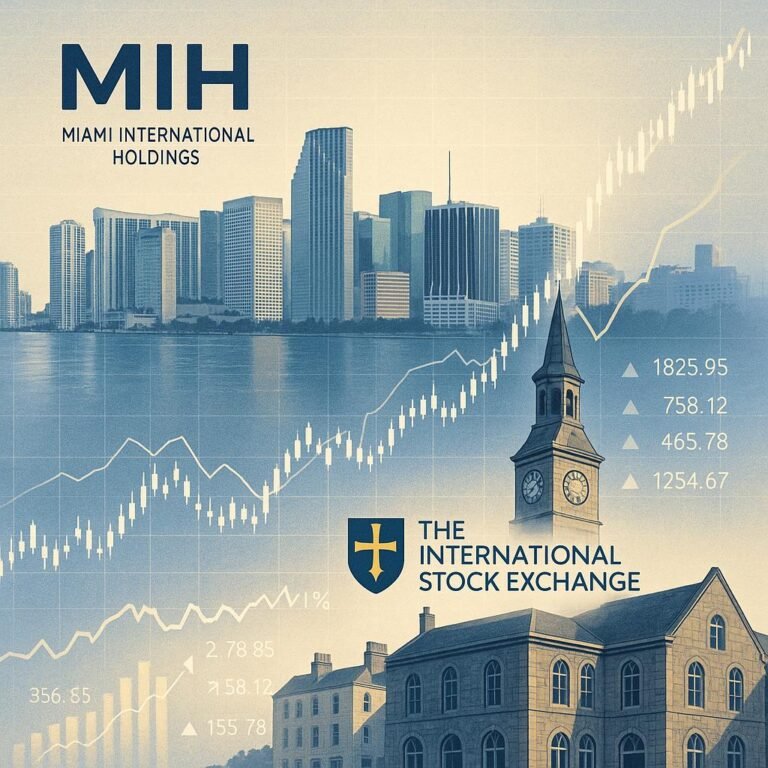Guernsey Refines Sanctions Legislation: Balancing International Compliance and Local Needs
In a strategic move to maintain its global financial reputation, Guernsey has recently amended its sanctions legislation, demonstrating a nuanced approach to international regulatory standards. The changes, aligned with recent UK modifications, reflect the island’s commitment to adaptability and precision in financial governance.
Key Modifications in the Updated Regulations
The updated regulations introduce several crucial modifications addressing both broader international requirements and specific local contexts. One significant update clarifies prohibitions on funds and economic resources, explicitly extending restrictions to legal entities controlled by designated individuals. This adjustment provides greater transparency and reduces potential loopholes in sanctions enforcement.
By introducing new exemptions for non-UN designated persons and expanding the Policy & Resources Committee’s licensing capabilities, Guernsey has created a more flexible framework. The changes allow for more nuanced handling of complex financial scenarios, particularly in relation to judicial decisions and insolvency proceedings.
Strengthened Reporting Obligations
The amendments also demonstrate a forward-looking approach to regulatory compliance. Starting May 15, 2025, reporting obligations will be extended to art dealers and letting agents, broadening the scope of financial oversight. Similarly, the raised threshold for high-value dealing reporting from £7,500 to €10,000 shows a pragmatic alignment with broader international standards.
Sector-Specific Regulatory Enhancements
Notably, the legislation addresses specific sector concerns, such as clarifying prohibitions on trust services related to Russian regulations. By explicitly including provisions about nominee shareholder arrangements, Guernsey reinforces its commitment to preventing potential sanctions evasion.
Ensuring Jurisdictional Flexibility
While maintaining close alignment with UK regulations, the island has also strategically disapplied certain UK-specific reporting requirements. This approach underscores Guernsey’s ability to maintain international compliance while preserving jurisdictional flexibility.
Industry Reactions and Future Implications
Legal and financial experts have largely welcomed these amendments. They view the changes as a balanced approach that strengthens Guernsey’s position in the global financial landscape while allowing for measured, context-specific implementation of international sanctions regimes.
The modifications to the Sanctions (Implementation of UK Regimes) (Bailiwick of Guernsey) (Brexit) Regulations, 2020, represent more than a technical update. They reflect Guernsey’s sophisticated approach to international financial regulation – responsive, precise, and committed to maintaining high compliance standards.
Conclusion
As global financial landscapes continue to evolve, Guernsey’s proactive stance demonstrates how smaller jurisdictions can effectively navigate complex international regulatory environments while protecting their unique economic interests.
For more in-depth coverage, read the full analysis on Guernsey’s sanctions amendments.







